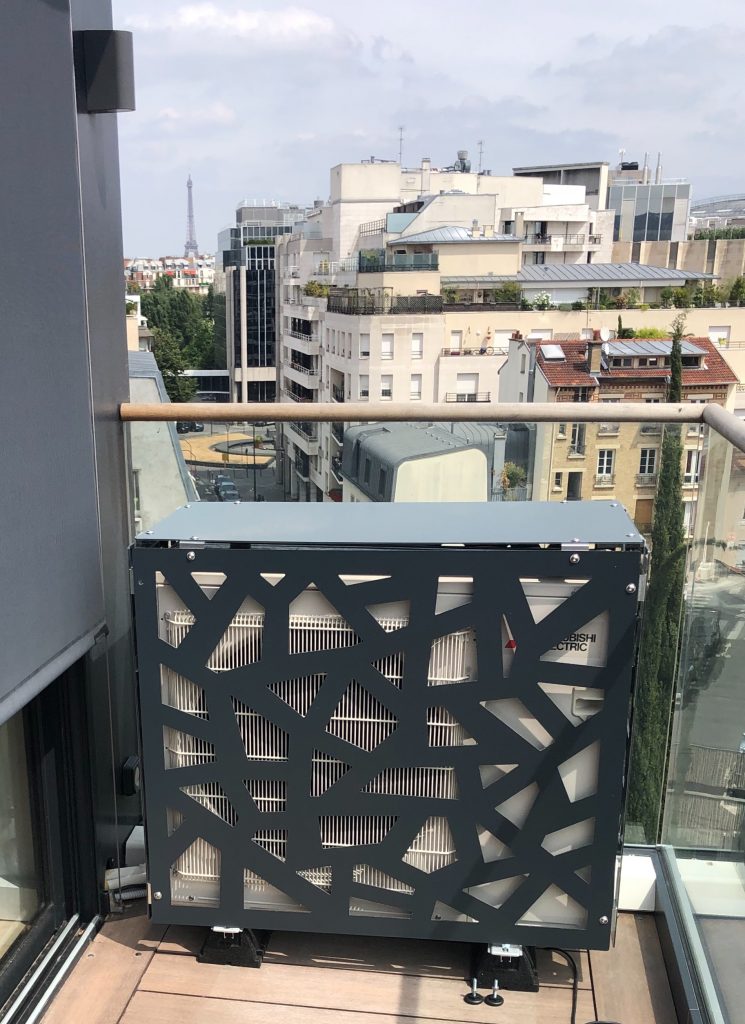Sustainable development is now a reality. We live our daily lives with the concern to save energy and optimise our energy consumption as much as possible.
Even though we are becoming more and more vigilant about preserving the environment, there are still many tricks we can use to increase our independence.
Whether you live in a house or a flat, here are some practical tips on how to save energy in everyday life. In some cases, you may even see significant reductions in your bills!
Recycle
Recycling is probably already part of your everyday life: you probably know how to distinguish between household waste and packaging that can be given a second (or even third) life. To help you in this task and to encourage you to continue, professionals do everything possible to indicate which products can be treated differently.
For example, certain symbols such as the Triman (born in 2015) is a very serious indication of the recyclable nature of packaging and products. The info-sorting instructions are also very good indicators, and are complementary to the Green Dot and Triman symbols. Implemented since 2012, they give a second chance to more than 20 billion pieces of packaging!
Long live composting !
Do you have a house with a large grassy area? This could be a great opportunity for you to start composting! If you don’t know exactly what it is, you should know that composting is a method that has many applications in everyday life. Not only are you doing something for the environment by sorting your waste more, but you are also producing a material that will be very useful for a vegetable garden!
Be careful, however, as not all food waste is compatible with this method. For example, peelings and other fruit and vegetable waste, tea bags, etc., are preferable, but do not use edible oils and fats.
Don’t let water run unnecessarily
Water is a precious commodity that is far from inexhaustible. It is a natural resource that we use every day for many purposes. So we often tend to leave the water running when we take a shower or wash the dishes, for example. However, simply turning off the water when we are not using it could result in significant cumulative savings!
In the same way, you can recover the water you do not use, while it warms up. This amount of water can be used for other daily operations. Think about this the next time you find yourself in this situation.
Another everyday tip for conserving natural resources: if you have any water left in the kettle, you can always use it to water your plants instead of pouring it down the sink!
Go for LED bulbs
When it comes to saving energy, light bulbs are no exception. For several years now, LED technology has been replacing our old incandescent bulbs and other low-energy equipment.
And the least we can say is that LED technology is largely more advantageous in every respect: it offers higher energy efficiency (in the order of 40 to 80 lumens per watt), for a price that seems to have collapsed by 20% in just a few years.
So, if you have a small budget but still want to do something for the planet, you should go for LED bulbs. The only downside is that this technology is very difficult to recycle, which is a major incentive for industries to turn to alternative materials to achieve a lower environmental impact.

Install a reversible air conditioning system
Are you hot at home in the middle of a heatwave and on the verge of buying an air conditioner? Before rushing out to buy the first air conditioner you see in a shop, there are a number of things to consider. How much cooling do you want?
Depending on the answer, you might first turn to less complex and more environmentally friendly systems, such as air coolers. Here, all you need is a container large enough to hold one or more ice packs, and you’re done! Of course, to optimise energy throughout the year, it is best to opt for a reversible system, although not all equipment in this field is equal in terms of energy consumption.
Reversible air conditioning offers significant energy savings compared to a conventional electric heating system. The reason for this is that the only part of the equipment that consumes energy in an air conditioning system is the compressor, which is used to extract heat from the outside air.
Rest assured, however, that the compressor will have consumed less electricity than the energy you get to heat your home. For more information about the performance of the equipment, note the COP indicator on each model. For example, an air-to-air heat pump with a COP indicator of 4 will have an efficiency of 400%.
And for aesthetics, you can opt for an air-conditioning cover. This will turn this equipment into a decorative design element.
Leave the light on when you turn off a room
We’ll never stop saying it, but the light we use every day represents a major source of consumption every year. To optimise our energy consumption in this area, it would be best to remember to turn off the lights when we leave a room.
To give you an idea of what this represents for an average household in France: the annual consumption of electricity (apart from heating and hot water) represents almost 2 700 kWh/year. Between 325 and 450 kWh/year would therefore be spent on electricity consumption, i.e. about 12.8%. All the more reason to pay attention to energy and therefore to our planet.

Solar Panel
If possible, have solar panels installed
Solar panels are an excellent alternative for optimising household electricity consumption. In most cases, they are installed in addition to an energy-saving boiler in order to heat domestic hot water.
However, this technology is not recommended in all regions, for one simple reason: the sun does not shine in the same way everywhere, and the south is much better equipped in this respect! Nevertheless, by installing solar panels on your home, you can considerably reduce your CO2 emissions. Not to mention the fact that you can obtain several grants for the purchase and other energy bonuses.
We have just seen a few practical tips that really work, and that allow you to considerably reduce your carbon footprint over a year. But you should know that there are other tips that you can use on a daily basis to ensure a drastic reduction in your energy consumption.
Installing underfloor heating, for example, can give you a good return on your investment, as well as providing gentle, constant heat compared to traditional radiators. Whether you are building or renovating your home, there are solutions to improve your daily life without harming the planet!
